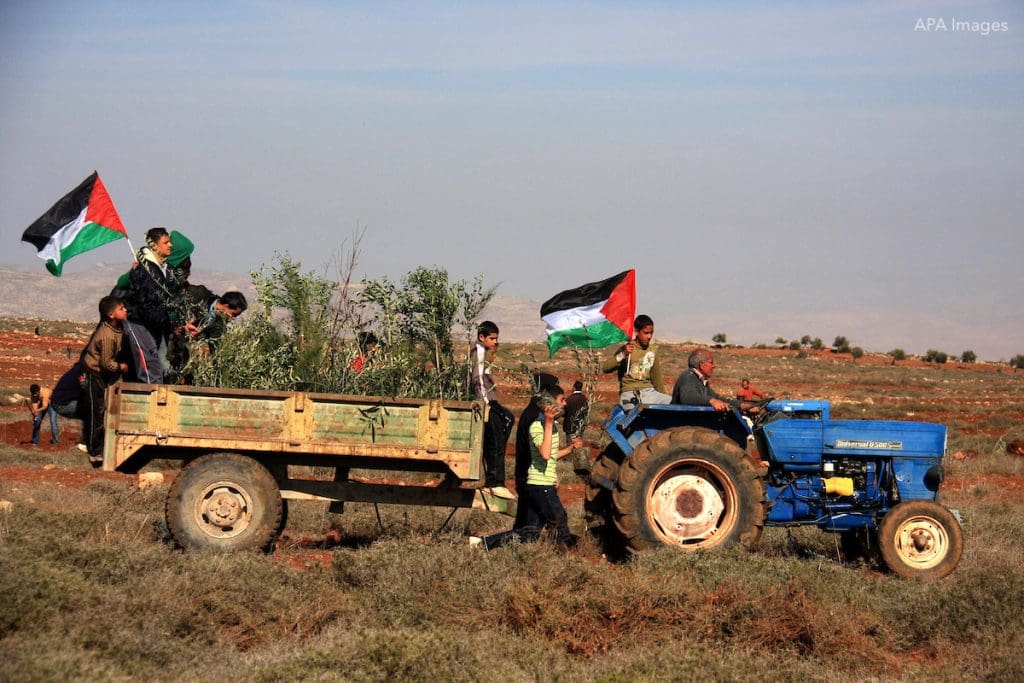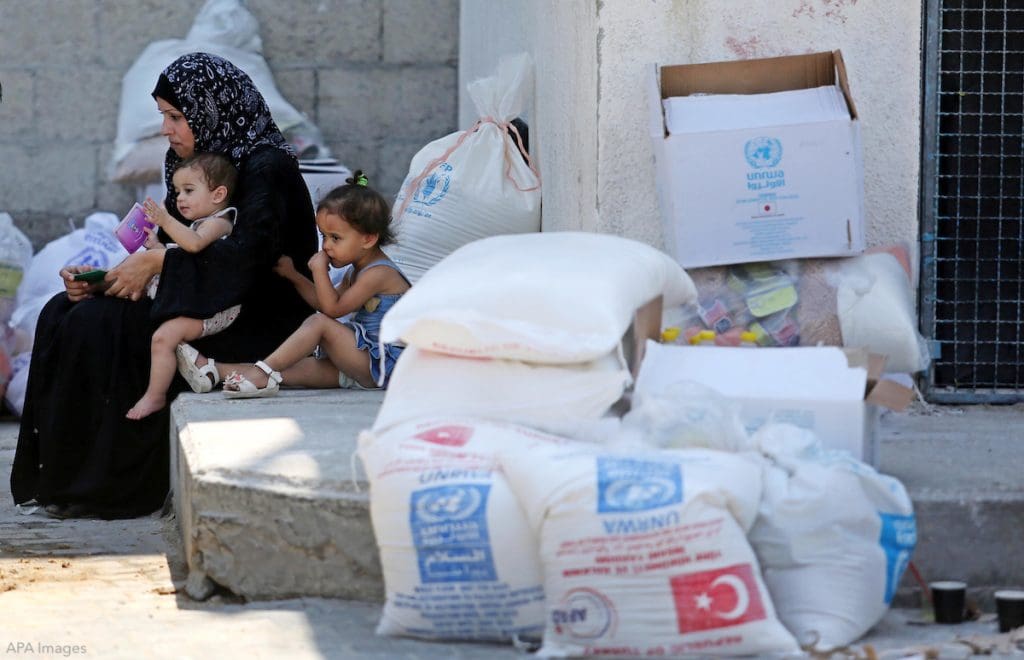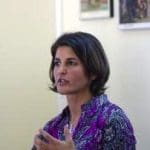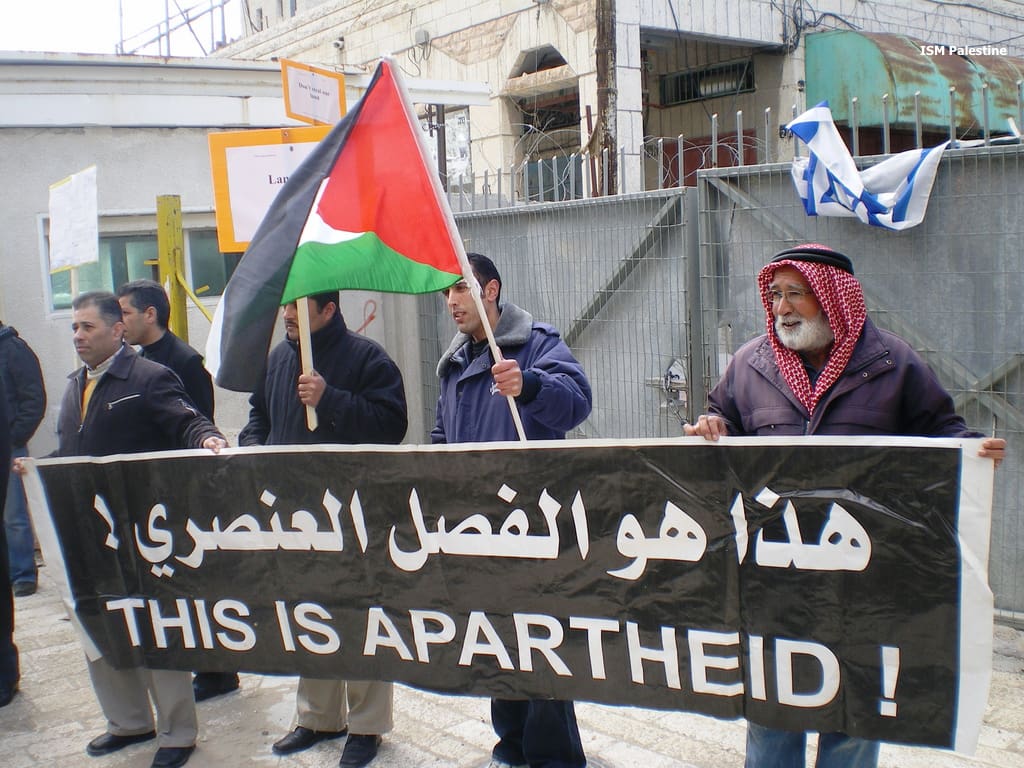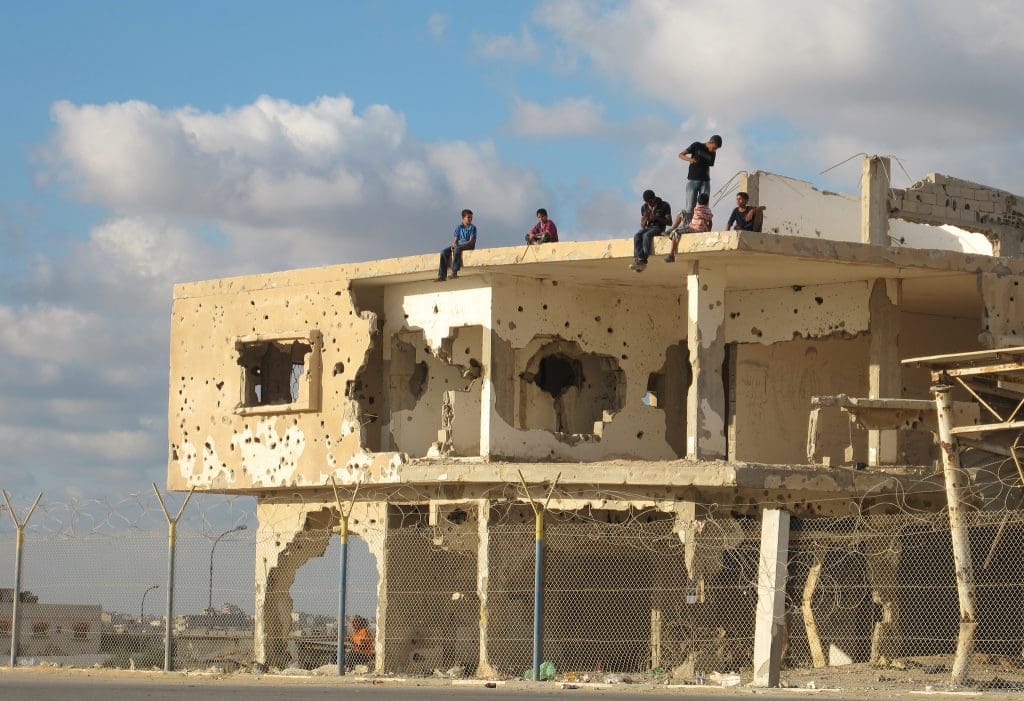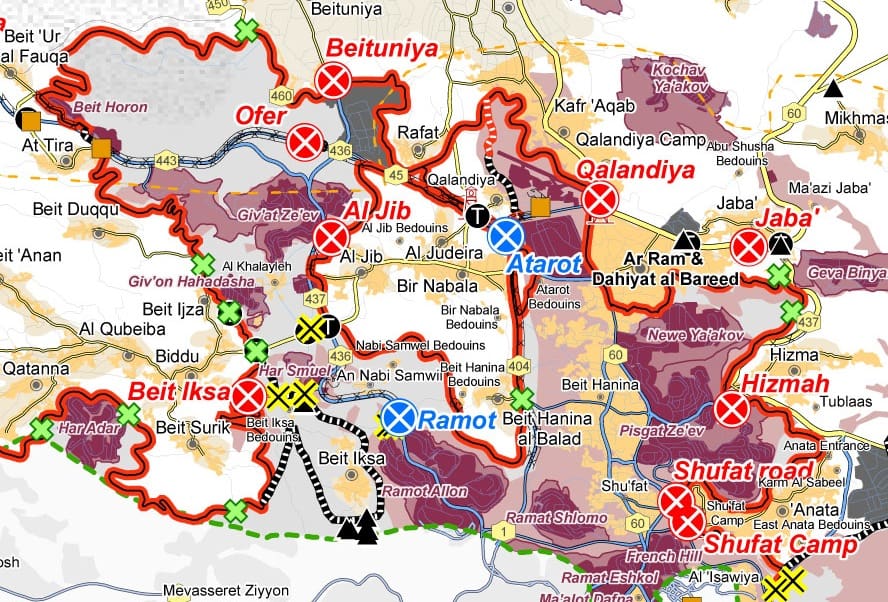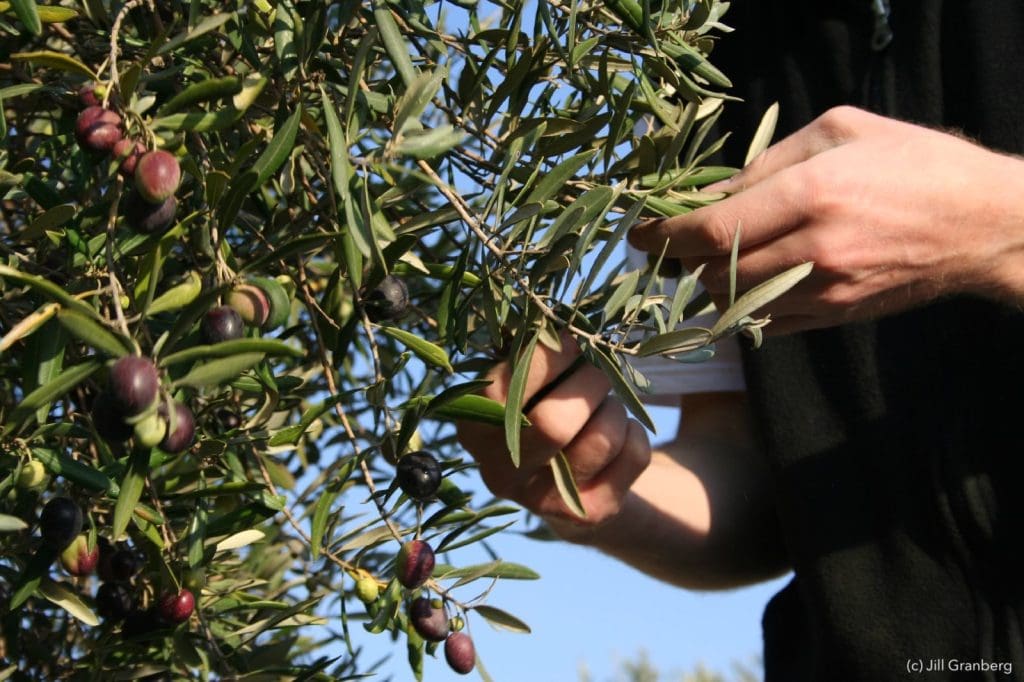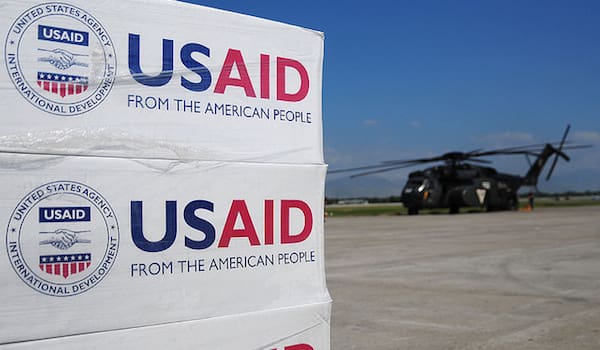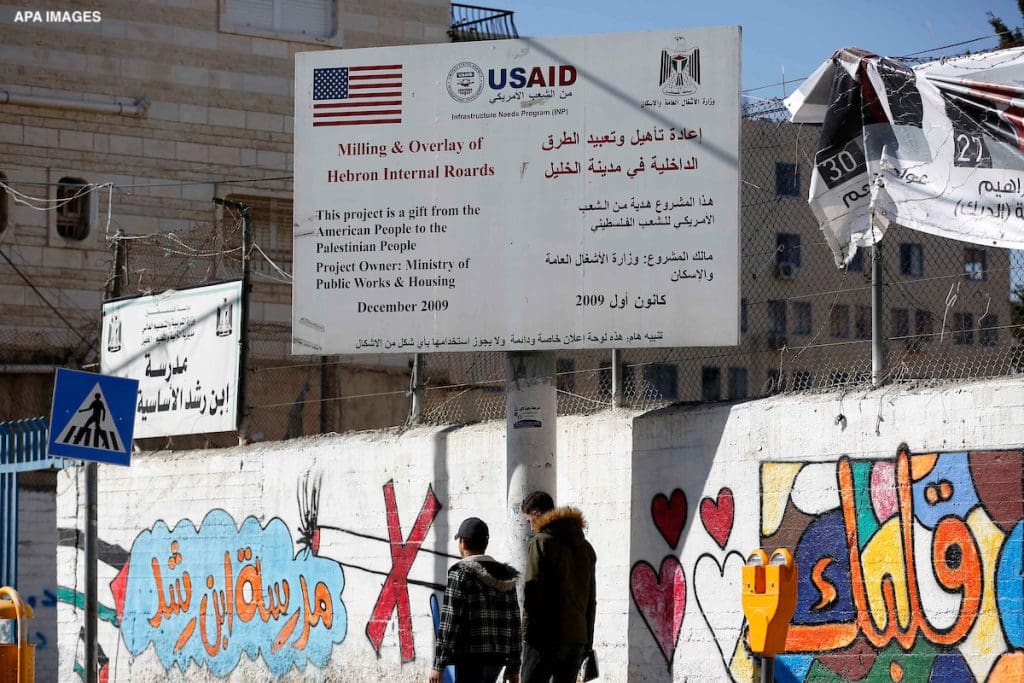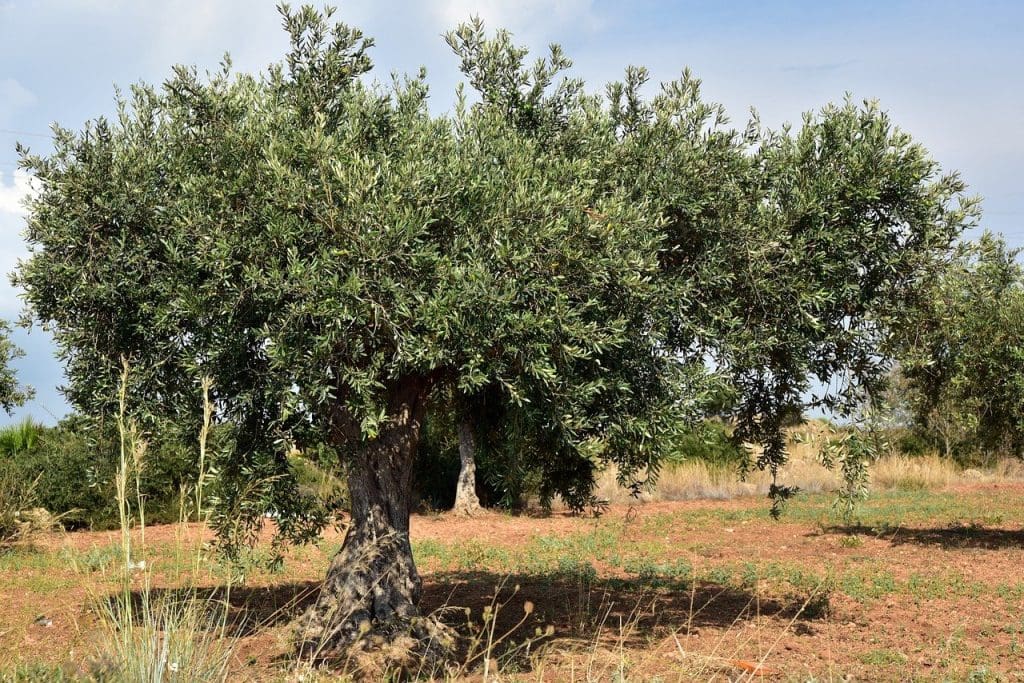Samer Abdelnour is an academic and activist. He co-founded Al-Shabaka in 2009 and served as a founding board member until 2016.
From this author
Historic Palestine has long had an abundance of natural resources, ranging from fresh and ground water, arable land and, more recently, oil and natural gas. In the seven decades since the establishment of the state of Israel, these resources have been compromised and exploited through a variety of measures. These include widespread Palestinian dispossession of land in the ongoing Nakba, exploitation of water through failed negotiations, and a finders-keepers approach to gas and oil found in or under occupied land.
The Trump Administration’s decision to cut aid to the Palestinians and cease USAID operations in the Occupied Palestinian Territory (OPT) must serve as a wake-up call for Palestinian policymakers to lay the Oslo Accords aid model to rest. Neither this model nor the masses of aid funds that have poured into Palestine.




+
The Israeli right is poised to annex much or all of the West Bank while continuing to isolate Gaza – either through continued siege or by pushing it on to Egypt’s plate. Donald Trump’s stance on Jerusalem offers recognition of illegal annexation that could be just the beginning. And his drive to cut back the United States contribution to UNRWA could presage a campaign to definitively close the door on the rights of Palestinian refugees 70 years after Israel’s creation and the loss of Palestine.
All eyes are on the terrible toll of dead and injured and the extensive destruction – as well as the dire humanitarian situation of the population under siege in Gaza. But less attention is being paid to the longer-term damage caused by the current Israeli crackdown throughout the Occupied Palestinian Territory (OPT) that is having far-reaching and detrimental consequences for the development of Palestinian society as a whole.


Much analysis of Israeli apartheid focuses on comparisons with South Africa. Al-Shabaka Policy Advisor Samer Abdelnour argues that the specific characteristics of Israel’s unique brand of apartheid need to be better understood in order to successfully dismantle it.

Samer Abdelnour· Apr 4, 2013
For Palestinians, agriculture is more than a source of income or an economic category in budgets and plans. It is tied to the people’s history, identity, and self-expression, and drives the struggle against Israel’s Separation Wall. In this brief, Lebanese activist, author, and agronomist Rami Zurayk joins Al-Shabaka Policy Advisors Samer Abdelnour and Alaa Tartir to tackle the almost spiritual significance of the land to the Palestinians and the deliberate Israeli efforts to break the link between farmers and their crops.



In an important recent piece - Economic Hallucination - Ramallah-based Al-Shabaka policy advisor Sam Bahour exposed the charade played by both Western donors and the Palestinian Authority (PA) to cover up the occupied territory’s inexorable economic meltdown after decades of Israeli military occupation. Arguing that the combined donor-PA approach poses major obstacles to freedom and rights.



The “Palestine Papers” reveal fully the extent to which Palestinians have neither genuine leadership nor a partner for peace. At the foreground is an unrepresentative "authority" prepared to compromise the most fundamental of Palestinian aspirations for an unrelenting colonizer and its imperious supporter. In the background lies a key mechanism enabling Palestinian deprivation: the aid industry.

Samer Abdelnour· Mar 2, 2011
An emerging inclusive enterprise development framework can work in the Palestinian context. A Sustainable Local Enterprise Networks (SLENs) approach to development and reconstruction has shown promise among war-affected communities in Lebanon and is currently being explored across Sudan and for Palestinian refugees.

Samer Abdelnour· Jan 31, 2010










